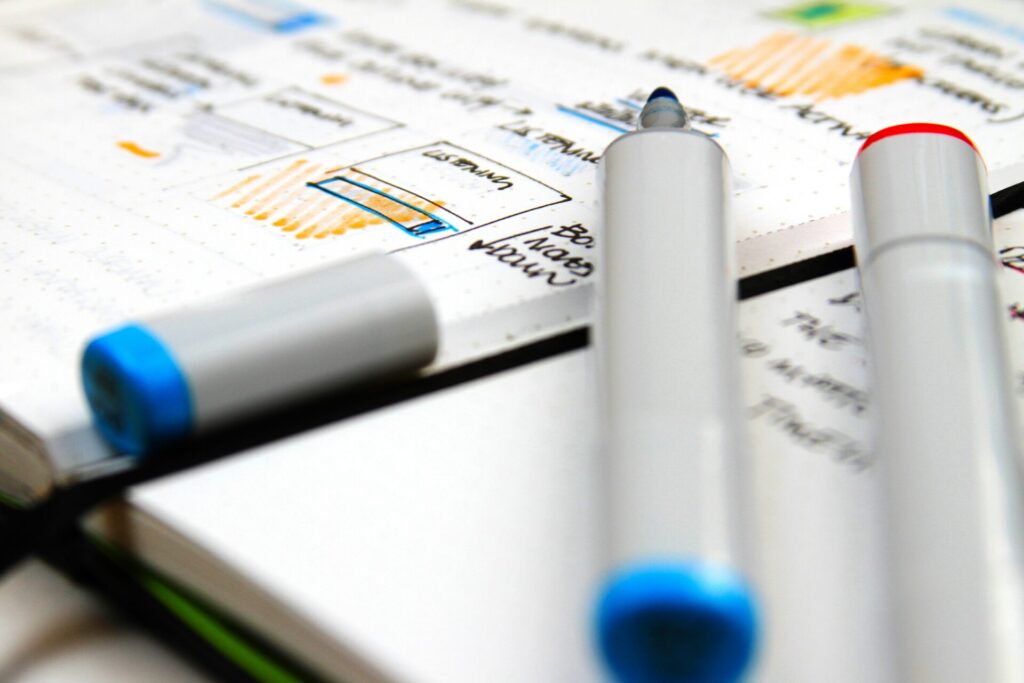Are you tired of feeling distracted and unfocused while studying? Do you find yourself losing track of time, scrolling through social media instead of finishing your homework? I know the feeling, because I’ve been there.
As a former student, I used to struggle with staying focused and motivated. I would often find myself procrastinating and struggling to keep up with my work. But then I discovered some powerful techniques that helped me take control of my focus and boost my productivity. And I’m here to share them with you.
I’ll show you how to stay focused as a school student using practical tips and techniques that have helped me and countless others. You’ll learn how to create a distraction-free study environment, set achievable goals, and use your time efficiently. By the end of this article, you’ll be equipped with the tools you need to stay focused, motivated, and on track to academic success.
So, are you ready to say goodbye to distraction and hello to productivity? Let’s dive in!
Tip 1: Select one top-priority task.
To simplify your list of to-do’s and goals and manage your stress levels at school, ask this question first thing in the morning: “What is the one thing I am committed to completing today?” Practising it daily will train your brain to prioritize one most important goal above all others.
The more things you have on your to-do list the more you are likely to be distracted. Setting one single top-priority task in your life is going to narrow down your focus.
- Write it down. Take a large sheet of paper and write the question in big letters with a thick marker.
- Find a place where you’re most likely to look at it. It can be on your bedroom wall next to your bed or right in front of you when you wake up, or on the bathroom wall next to the mirror.
- Look at the question and ask it out loud as you’re brushing your teeth or getting dressed, then come up with an answer immediately.
Tip 2: Do Your ‘Deep Work’ In The Morning
Deep work (a concept introduced by professor Cal Newport) is analytical thinking that requires the most concentration, such as reading, essay writing, analyzing or problem-solving. Doing deep work early saves you time, taps into your willpower in the morning, and takes advantage of high energy levels after waking up.
- Set aside 2-4 hours after you wake up for deep work. Many scientists say that this is the brain’s peak performance time. If, for example, you wake up at 7, your peak times are until 11 a.m. You can extend this time to whenever you have lunch to maximize your focus.
- Keep a log for one week of what you do during your peak times. Are you focusing on your critical mental tasks? Are you learning new material, solving complex problems, reading, or writing? Or, are you just doing things by default: checking email, making phone calls, watching the news?
- Re-evaluate your performance. Postpone tasks that are less important to your personal and professional development. For example, listen to the news on your lunch break. Don’t read each email as soon as it arrives in your inbox; check them midday and in the afternoon. You’ll feel more in control of your time.
Tip 3: Switch Off All Your Distractions
Focusing is easier said than done if you have endless distractions that threaten to derail your day, starting with the early hours. There’s Twitter, Tik Tok, and Instagram, not to mention responding to text messages and checking emails as soon as you wake up. I’ve noticed the following three things help reduce the noise.
- Keep a pair of active noise cancellation earphones for you or regular headphones in case you study while listening to music
- Set your phone to aeroplane mode so that you are not disturbed by any phone calls or notifications. It is better if you keep the phone away from you far away.
- You can also choose to use apps like Forest which will help you to block distracting student apps and websites from interrupting your study sessions.
Join the Immerse Education 2025 Essay Competition
Follow the instructions to write and submit your best essay for a chance to be awarded a 100% scholarship.

Tip 4: Data Dump!
You may have got a ton of stuff on your mind – your infinite TO-DO list. When you’re trying to keep this in short-term memory, it’s cognitively exhausting. Your mind keeps mulling over the list.
Result: You can’t focus.
The remedy is to make a to-do list and prioritize the items. Group them into categories if necessary. Putting the items down on paper, a text document or an app will help remove them from your working memory.
Start writing anything that comes into your mind no matter how silly or irrelevant it is. We don’t want to go too far in the direction of comparing the human brain to a PC. But, when it comes to working memory, I think the comparison is helpful.
The reason this works is that it relieves the burden off your shoulders and helps your mind to focus on the present. As you have everything sorted out, you can now focus better on your studying.

Final Tip: Re-Learn How To Focus
These tips work when preparing for exams, but we’re constantly distracted by the notifications on our phones, news feeds, and social media. Our brains have been re-wired to shorten our attention span. We get bored in 5 – 10 seconds.
When you need to focus on a work-related item, turn off all digital notifications and move to an environment that matches the type of work you need to perform.
It might be total silence like a reading room in a library or maybe a coffee shop. But, it’s not an office where co-workers are likely to stop by and chat about a Netflix series.
Decide ahead of time how long you will focus on the specific tasks. Make it a minimum of 30 minutes – an hour is better. You can use the Pomodoro Technique which is going to help you to focus for a certain time and also give you enough breathing space for a break.
Each time your brain wanders off, gently lead it back to the task at hand by asking a simple question. Are my thoughts or actions more important than the task at hand?
Or, if you are thinking of something that you forgot to put on your data dump, add it to the list quickly and get back to the task at hand.
You can also practice your focus with non-work activities. Start rereading a book, play a challenging game like chess, and learn to play a musical instrument. Choose something that requires focus and concentration.
When your mind wanders, don’t beat yourself up. Gently bring it back in focus.
These are the 5 ultimate techniques that can help you better focus on studying and also on other works. These are better techniques than most other strategies on the internet. If you use these techniques carefully then you will be able to study with full concentration. Best of luck!

























